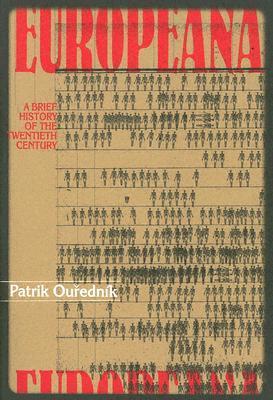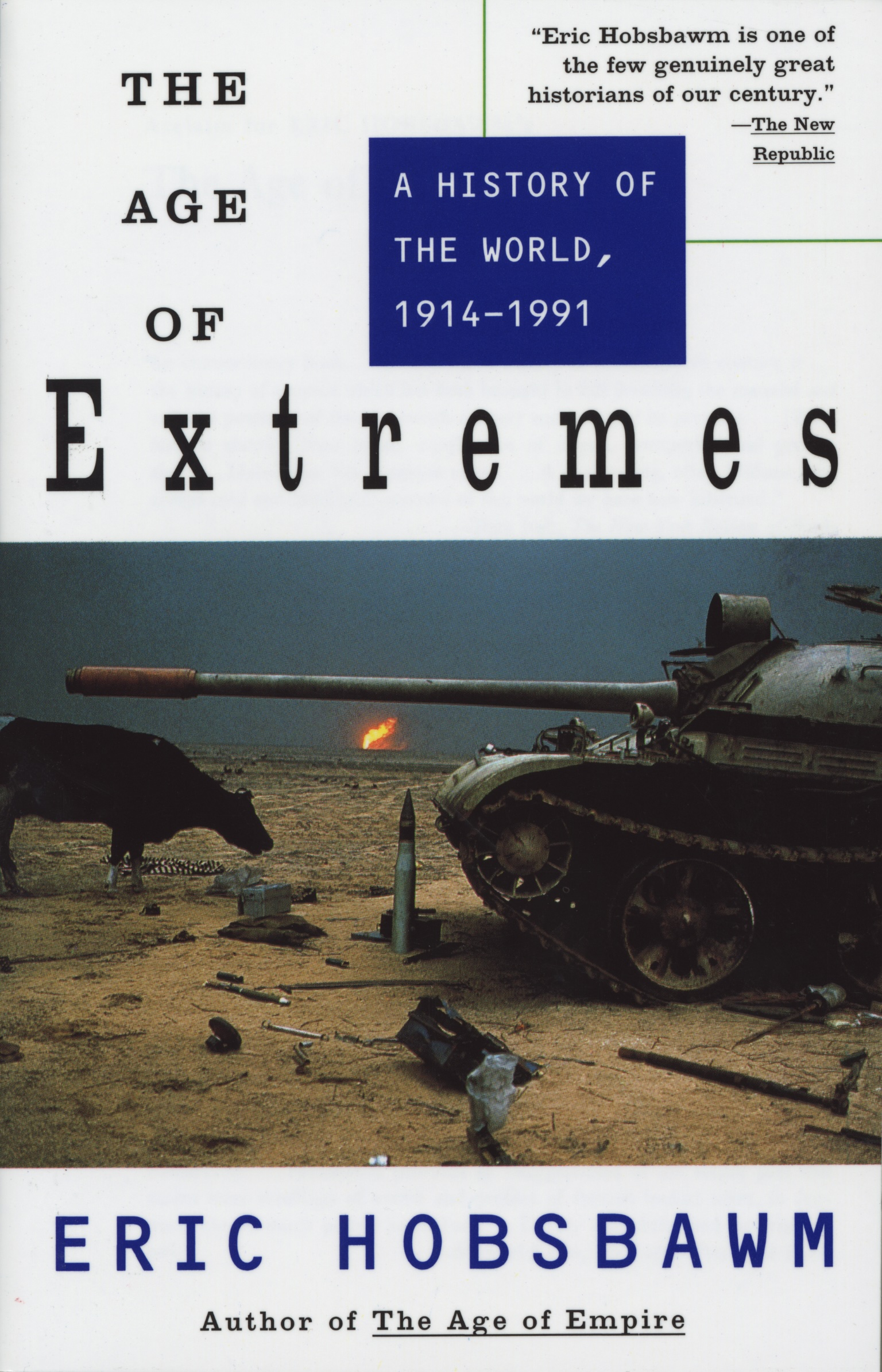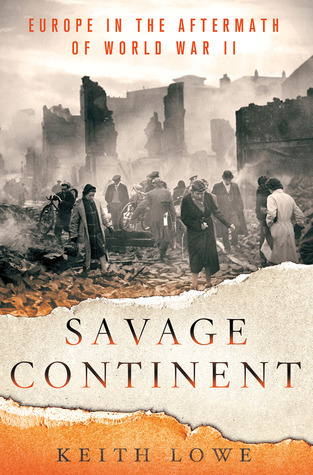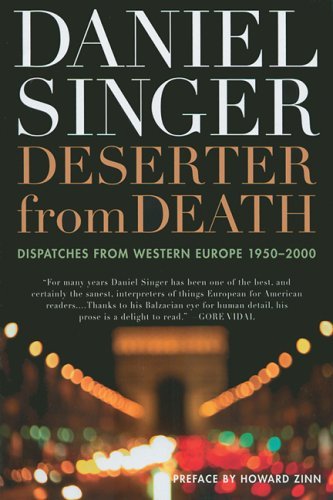
Europeana: A Brief History of the Twentieth Century
Book Description
Welcome to a whirlwind journey through chaos, art, and profound absurdity. "Europeana: A Brief History of the Twentieth Century" dissects a century marked by war, upheaval, and the relentless pursuit of meaning. From the trenches of World War I to the surrealism of postmodern art, each page unearths the human struggle against the crushing weight of history. Packed with startling insights and sharp wit, Ouředník crafts a vivid tapestry of events and ideas that shaped our world. Can understanding this tumultuous past illuminate the path forward, or are we doomed to repeat our mistakes?
Quick Book Summary
"Europeana: A Brief History of the Twentieth Century" by Patrik Ouředník offers a compelling, fragmented exploration of the twentieth century's tumultuous events through a collage of facts, anecdotes, and absurdities. Eschewing a linear historical narrative, Ouředník adopts a playful and ironic tone to recount the century’s wars, technological breakthroughs, shifting ideologies, and cultural revolutions. The book dwells on humanity’s struggle to find meaning amid devastation and rapid change. By highlighting the surreal contradictions of progress and brutality, Ouředník exposes the intricate absurdities underpinning the modern era. Through sharp wit and relentless observation, "Europeana" invites readers to question the very process of recording and interpreting history.
Summary of Key Ideas
Table of Contents
Absurdity and Irony in Historical Narrative
Ouředník’s Europeana shatters conventional historical storytelling by exposing the absurdities within twentieth-century events. He replaces chronological accounts with a collage of vignettes and enumerated facts, revealing the often bewildering contradictions that characterized the past hundred years. Through irony and satire, he highlights how progress and barbarity frequently intertwined, showing that technological advances often coexisted with unprecedented violence. The humor and cynicism embedded in his style urge readers to reconsider what is taken for granted in standard histories.
War, Violence, and the Fragility of Progress
War is a recurrent motif, with battles and atrocities such as the World Wars, the Holocaust, and ethnic cleansings presented in stark, sometimes clinical language. Instead of focusing on individual heroes or villains, Ouředník draws attention to the collective madness and systematic violence that defined the era. His juxtapositions expose the brittle nature of civilization, exploring how quickly reason can give way to chaos, and how utopian projects repeatedly resulted in mass suffering.
Ideologies, Utopias, and Changing Value Systems
Europeana explores the rise and fall of grand ideologies—communism, fascism, capitalism—and their promises of progress or redemption. The narrative notes both the hopeful aspirations and disastrous failures of social experiments, demonstrating the persistence of dogma and collective delusion. Ouředník’s tone remains detached, allowing the reader to recognize both the allure and the dangers of the century’s utopian visions. This skepticism extends to institutional systems, which often serve as sources of both order and absurdity.
The Impact of Technology and Consumerism
Technological development and expanding consumer culture receive equal scrutiny. Ouredník catalogs inventions ranging from the contraceptive pill to the atomic bomb, emphasizing how the same impulse toward innovation sparked both empowerment and destruction. The mechanization of life, the rise of mass media, and the domination of consumerism give a sense of relentless change, often divorced from any deeper purpose. In this narrative, technology shapes societies as much as it transforms individuals, sometimes alienating people from the consequences of their actions.
Memory, Trauma, and the Narration of History
Underlying the book is a concern with memory and the process of making sense of history. Ouředník dwells on trauma, remembrance, and the artificiality of how we record the past. His fragmentary, sometimes disjointed style mirrors the unreliable nature of collective memory. Ultimately, "Europeana" contends that our history is constructed from selective retellings, shaped by what we choose to remember and forget, leaving open the question of whether understanding truly brings progress—or merely new forms of confusion.
Download This Summary
Get a free PDF of this summary instantly — no email required.





